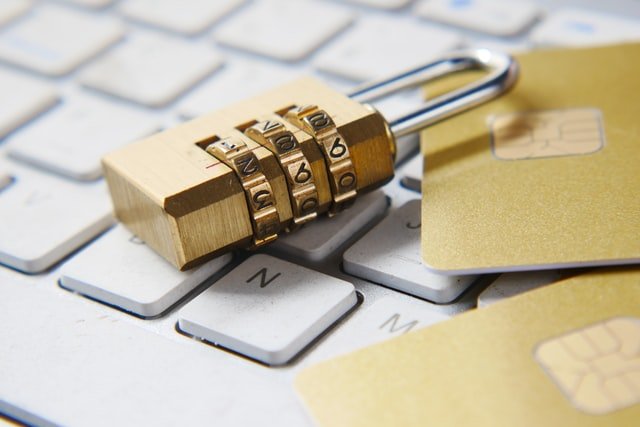As online shopping has become increasingly popular, there has also been increased risk associated with online safety and data protection. Certain websites, and the purchase of particular goods and services, will require you to enter personal data that may be vulnerable. Here we share some of the best practises to keep your data safe while browsing online.
Think about your passwords
Like many, you may use the same password across multiple devices and websites; however, this makes you an easy target for cyberattacks. You should use different passwords for every different account you have and these passwords should be unrelated to each other. This means that should someone access one of your passwords, your other accounts will still be safe.
It is also wise to change your passwords regularly for extra security. Utilities such as a password manager can help you store all of your passwords in one place so that you can access your different passwords.
Avoid public WiFi networks
If you are browsing online, especially entering personal information or credit card details, you should do this on a private WiFi network. Although it may seem safe to do this in your local coffee shop or other seemingly trustworthy public place, these networks are vulnerable to hackers who could easily access your personal data including browsing history and access to your email or passwords.
Use two-factor authentication
Two-factor authentication is a means of keeping your data safe while browsing online and you should always choose this option where possible. This service usually links your device to a mobile number or email by which you can confirm your identity with a one-time code and give your data an added layer of security. In some cases you can also add specific questions that you need to answer before accessing the account.
Update your antivirus
Antivirus protection does what the name suggests and works to keep your computer protected from viruses. This software helps to identify any risk factors on your computer and protect against things such as malware, bots and can help you check if a website is legitimate or not. You can also install firewalls which block intruders from being able to access your network.
Backup your data
There is nothing more frustrating than losing your data due to personal carelessness. You should regularly back up your data and copy all information to a secondary storage, be it a hard drive or a cloud storage system. Not only does this preserve important documents and photos, it frees up space on your device as you can delete the content once you have backed it up. This also means that should anything happen to your device, you will still be able to access your data.
Clear your cache
Your browser history stores more information than you could imagine including saved searches, saved cookies and web history – all of which could point towards key personal information. To protect yourself, you should clear your browser history on a regular basis. For websites that you trust and use regularly, you can usually personalise your setting so that you can continue to save cookies for these websites.
Stay alert to scams
Scams are becoming increasingly sophisticated meaning that they are getting more and more difficult to spot. However, in general it is recommended that you are cautious about what you click. Certain messages are designed to be “click bait” meaning that they try and encourage you to click by sharing a catchy or attention-grabbing headline. There are also more subtle scams disguised as emails or messages on messaging apps that share a link encouraging you to click. If something comes from an unknown sender and seems suspicious, you should never click on the link; this can download malware to your device or share your personal details.


